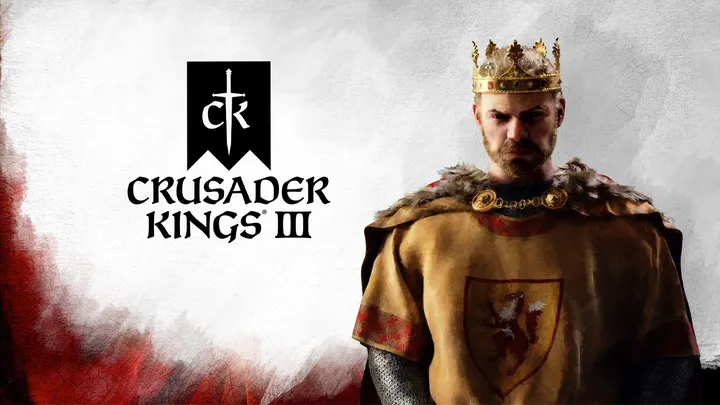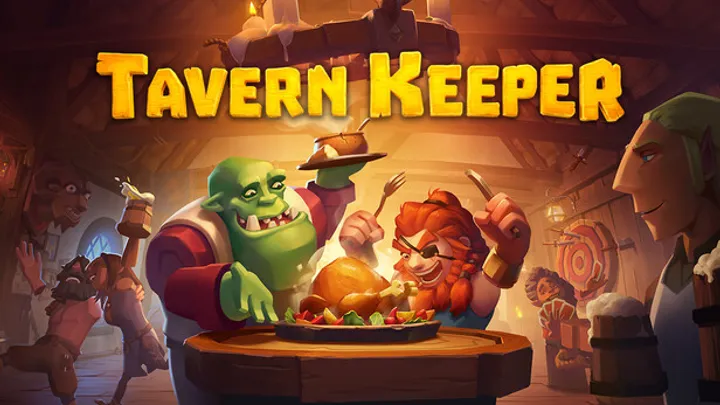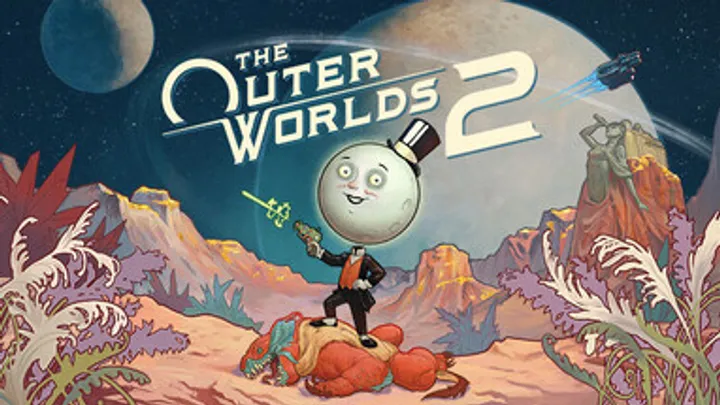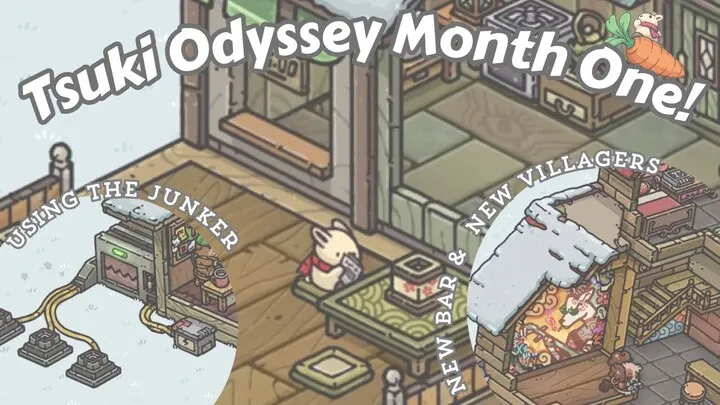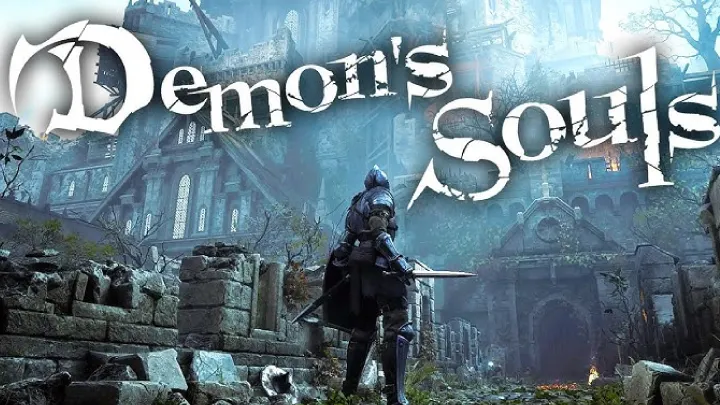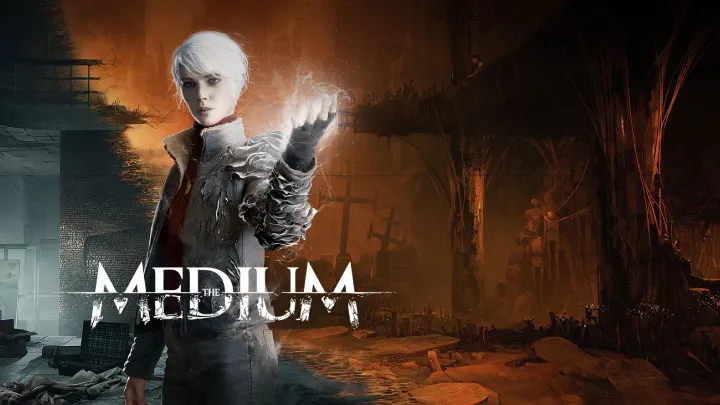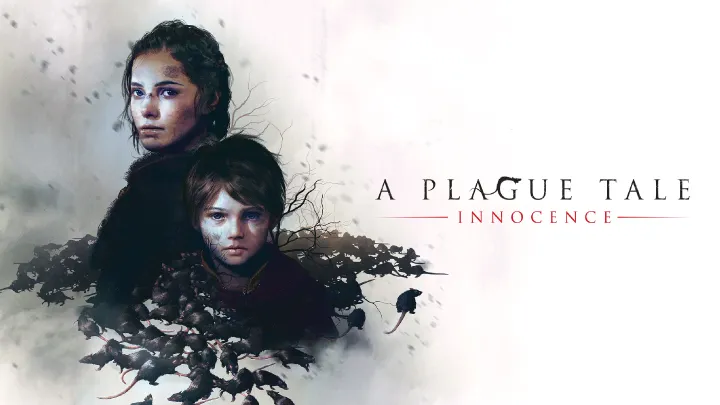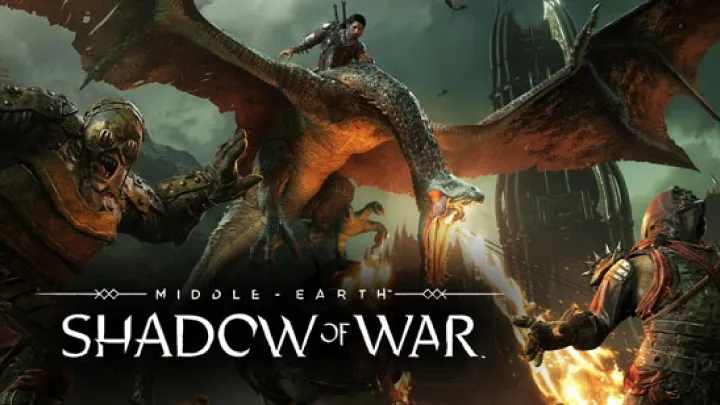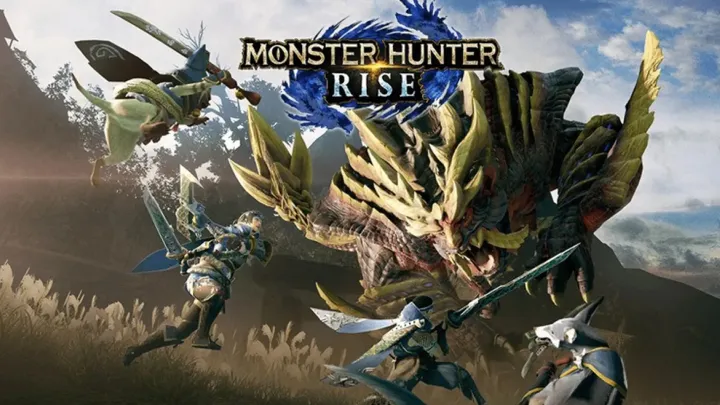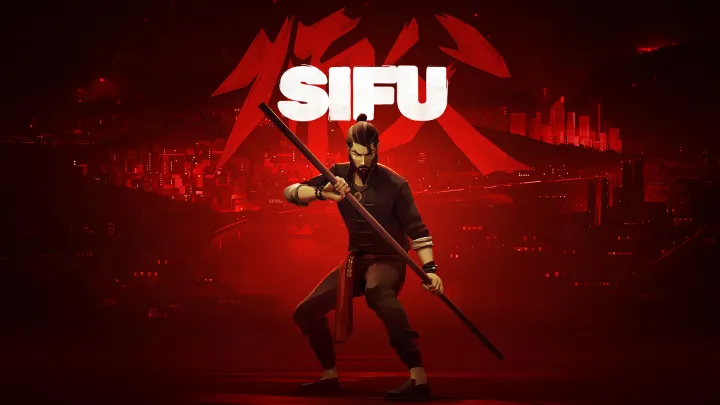
In the realm of video games, few titles have dared to tackle the themes of life, death, and aging as innovatively as Sifu. Developed by Sloclap, this martial arts action game combines intense combat mechanics with a unique narrative structure rooted in the protagonist's journey of revenge against those who wronged him. Central to Sifu is the game’s aging mechanic, which presents players with a profound exploration of mortality, consequence, and the inevitability of time. This article delves into how *Sifu* uses its aging system not just as a gameplay feature, but as a narrative device that challenges players to confront the implications of their choices and the passage of time.
The Premise: A Quest for Vengeance
The Story Setup
Sifu begins with a tragic event: the murder of the protagonist's family by a group of assassins. As the sole survivor, the player embarks on a quest for vengeance. This initial setup serves as the catalyst for the entire game, driving players through various locations and combat encounters. However, the true depth of Sifu lies in how the game intertwines this revenge narrative with the concept of aging.
The Role of the Sifu
The term Sifu in martial arts refers to a teacher or master. In the game, the protagonist not only seeks vengeance but also undergoes a journey of self-discovery and growth. The player's role is not merely to exact revenge but to learn and evolve through each encounter. This duality is pivotal in understanding how the aging mechanic influences both gameplay and narrative progression.
The Aging Mechanic: A Unique Gameplay Feature
How Aging Works
The aging mechanic in Sifu is central to its gameplay. Upon dying, players do not simply restart from a checkpoint; instead, they age by a certain number of years. Each death brings the protagonist closer to their ultimate fate—death. This mechanic is represented visually, as the character’s appearance changes and their abilities evolve with age.
Consequences of Aging
As players age, their character gains experience and mastery over martial arts, but this comes at a cost. With each passing year, the protagonist becomes less physically capable, losing health and the ability to take damage. This duality creates a tension between the desire to learn and the reality of aging, forcing players to think strategically about their choices in combat.
Thematic Exploration of Mortality
Life and Death Cycle
The aging mechanic in Sifu serves as a poignant metaphor for the cycle of life and death. Each encounter becomes a reflection of the protagonist’s mortality, emphasizing the transient nature of life. As players progress through the game, they are constantly reminded that each battle could be their last, creating a sense of urgency and introspection.
Reflecting on Choices
The game challenges players to consider the implications of their choices. Each death not only advances the story but also serves as a reminder of the consequences of their actions. This reflective process encourages players to analyze their strategies and adapt their approach, reinforcing the idea that life is not just about vengeance but also about growth and learning.
The Role of Mastery and Skill
Learning Through Repetition
In traditional martial arts, mastery is achieved through repetition and discipline. Sifu embodies this philosophy by encouraging players to learn from their mistakes. Each failure provides an opportunity to refine techniques and strategies, fostering a deeper understanding of the combat system. The aging mechanic enhances this learning curve, as players must adapt their styles as they age.
The Balance of Skill and Age
As players progress, they must balance their growing skill set with the limitations imposed by aging. This dynamic creates an interesting gameplay loop where players are constantly evaluating their abilities and making decisions that reflect their understanding of martial arts. The challenge lies in mastering the art of combat while grappling with the reality of aging.
The Emotional Resonance of Aging
The Weight of Time
The emotional impact of the aging mechanic is profound. Players experience the passage of time not only through the character's physical changes but also through the narrative's emotional weight. Each death and subsequent aging feels like a loss, prompting players to reflect on the transient nature of life and the importance of seizing opportunities.
Connections to Real Life
This exploration of aging resonates with players on a personal level. As the protagonist grapples with loss and the consequences of their choices, players are encouraged to reflect on their own lives, relationships, and the inevitability of aging. This connection adds depth to the gameplay experience, transforming Sifu into more than just a martial arts game; it becomes a meditation on life itself.
The Impact of Environment on Aging
Setting and Atmosphere
Sifu immerses players in a beautifully crafted world, where each location is infused with cultural significance and visual storytelling. The environments reflect the themes of the game, often depicting the passage of time through architectural changes and environmental details. This sense of place enhances the overall experience, creating a world that feels alive and responsive.
Symbolism in Design
The design of levels often symbolizes the stages of life. Areas may represent youth, maturity, and old age, reinforcing the game’s central themes. As players progress through these environments, they are reminded that each location holds its own story, much like the stages of a person’s life. This integration of environmental storytelling adds layers to the narrative, enriching the player’s journey.
Facing the Consequences of Time
The Final Confrontation
As players approach the end of the game, the consequences of aging become increasingly apparent. The final encounters serve as a culmination of the protagonist's journey, where the lessons learned and the choices made throughout the game are put to the ultimate test. The player must confront not only their enemies but also the passage of time and the weight of their decisions.
Acceptance and Resolution
The resolution of the game challenges players to confront their motivations and the nature of revenge. The aging mechanic, which has been a constant presence throughout the gameplay, culminates in a powerful moment of acceptance. Players are forced to reckon with the impact of their journey, leading to a conclusion that is both satisfying and thought-provoking.
The Legacy of Sifu: A Reflection on Life
Impact on the Gaming Landscape
Sifu stands out in the gaming landscape for its innovative approach to storytelling and mechanics. The aging system not only enhances gameplay but also deepens the narrative, inviting players to engage with complex themes of life, death, and consequence. This unique perspective on aging sets Sifu apart from other titles, establishing it as a significant contribution to the genre.
A Broader Message
Ultimately, Sifu conveys a powerful message about the value of life experiences and the inevitability of aging. The game encourages players to embrace their journey, learn from their failures, and appreciate the moments that shape their lives. In a world often obsessed with youth and perfection, Sifu serves as a poignant reminder of the beauty and wisdom that come with age.
Conclusion: Embracing the Cycle of Life in Sifu
In Sifu, the aging mechanic is not merely a gameplay feature; it is a profound exploration of mortality, consequence, and personal growth. Through its innovative approach to narrative and mechanics, the game challenges players to confront their choices and reflect on the passage of time. As players navigate the complexities of revenge and mastery, they are reminded that life is a journey filled with lessons, losses, and ultimately, acceptance.
By intertwining the themes of aging with intense martial arts combat, Sifu transcends traditional gaming experiences, inviting players to engage in a deeper meditation on life itself. It is a reminder that every choice carries weight and that the journey, with all its trials and tribulations, is what truly defines us.




